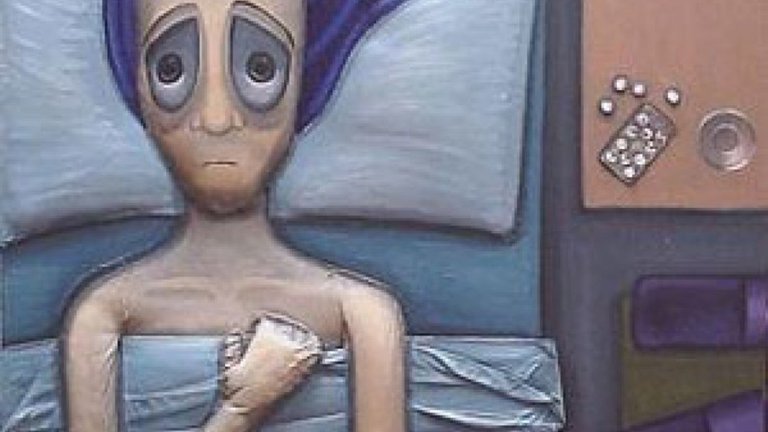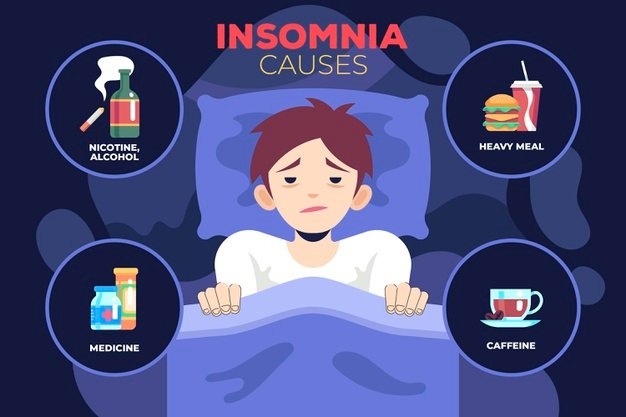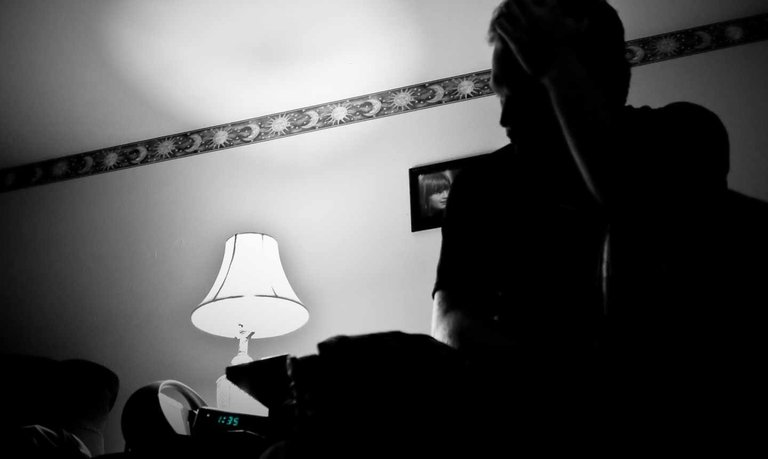Insomnia and Anxiety:
Before I share with you what is insomnia and its harmful effects on your body, I share with you that the Spanish society of neurology and sleep. From a behavioral approach. They define sleep as a REVERSIBLE state of disengagement and lack of response to the environment.
Your sleep will undergo radical transformations from infancy to old age, which in the first stages will run parallel to the maturation of the central nervous system, i.e., the sleep of a young adult in physiological and ideal conditions is 8 hours per night.
Your sleep is roughly regulated by circadian promoters, commanded by MELATONIN: Known as your body's biological clock.
This is a hormone produced by the pineal gland, which is located in the brain on the dorsal surface of the diencephalon.
Melatonin production is inhibited by light and stimulated by darkness, it is also known as the hormone of darkness, and peaks between 2:00 am and 4:00 am.
Having knowledge of the above, I share with you that insomnia is defined as a persistent difficulty in the onset of sleep.
Among The risk factors for suffering from it are the following :
📌Age: age in the last decades of life is considered a risk factor for suffering from any sleep disorder.
📌 Sex: most epidemiological studies agree that female sex is a major risk factor for insomnia.
📌 Socio-economic factors: stress, stress, personal problems, debts.
📌 Marital status: divorced, separated and widowed.
📌 Medical illnesses: chronic and acute generate insomnia.
Diagnosis is based on a good clinical history of sleep habits.
This treatment is divided into two
- Non-pharmacological
It includes sleep hygiene, this is a psycho-educational intervention on sleep habits, meeting specific schedules, avoiding the use of stimulants such as alcohol, coffee, cigarettes, before sleeping, assessing the comfort, temperature and light of the room. Inhibit fearful thoughts and stressful situations before going to rest.
👉🏼Relaxation techniques: muscle and breathing before going to sleep contribute greatly to the reconciliation of sleep.
👉🏼Light therapy: sunlight exposure for 30 to 40 minutes in the mornings is recommended. And avoid contact with cell phones computers or tables 1 hour before going to sleep since the light coming from such devices inhibits the secretion of melatonin propitiating high probabilities of presenting sleep disorders.
- PHARMACOLOGICAL: the health professional will determine if the insomnia is acute or chronic. He will look for its causes and after determining the variants he will proceed to choose the pharmacological treatment that includes benzodiazepines (it is not the most adequate).
Neuroleptics
Melatinine
The doses and drugs will be personalized according to the case. In conclusion I want to share with you foods rich in Melatonin.
Olive, raspberries, almonds, oranges, walnuts, cherries, tomatoes, peppers, mustard, grapes or wine, corn, pineapple.
These to mention a few.
I hope this is of help, in the same way when this pathology becomes chronic, it should be treated more seriously and in this case, consult your family doctor!




Wow now I understand perhaps the lapses of insomnia that I have presented at some point.
The best part is that I now have an idea of the foods that may be high in melatonin if I am not mistaken.
I am a pineapple fanatic so I will enjoy my pineapple smoothies even more!
It also helps a lot to listen to instrumental music or whatever you feel and relaxes you the most.
I have patients who like the sounds of rain, they tell me that it causes them a feeling of relaxation and tranquility!
Well
I am guilty of the part where I am always with my devices an hour before sleeping, and I usually have difficulty falling asleep
Now I just need to follow through with the right procedures to curb insomnia
Thank you very much for these lessons
I am very glad that you have taken some of the above indications, always remembering that it is better to try all natural methods before resorting to prescription drugs!